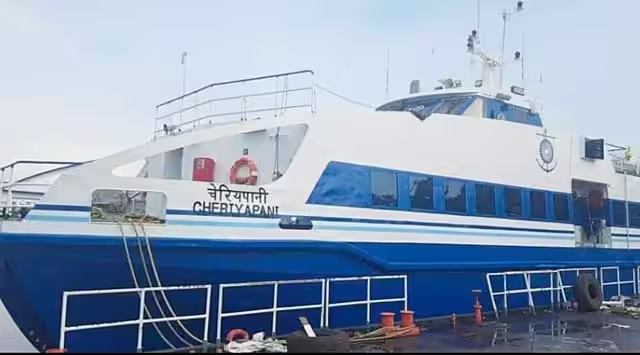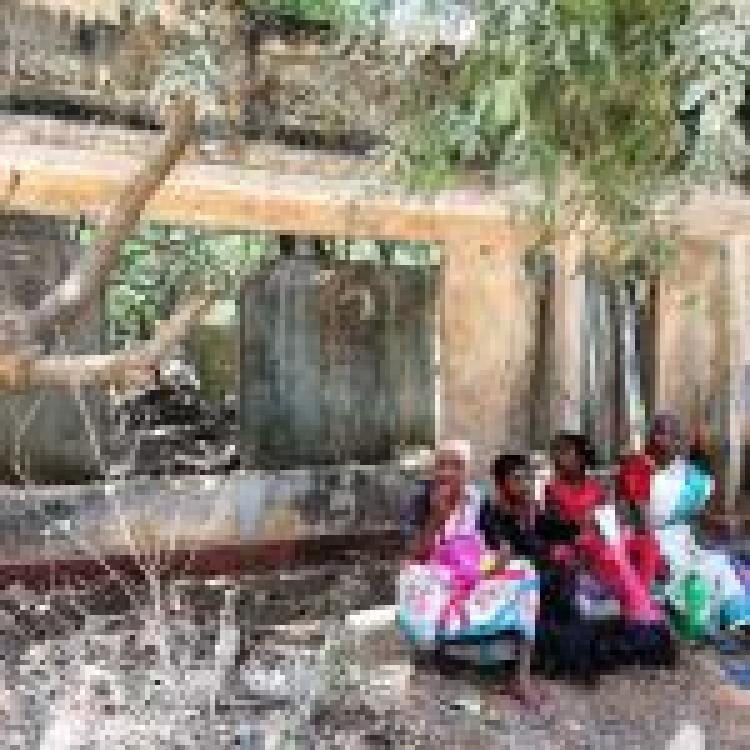
The eagerly anticipated ferry service between Kankesanthurai in Jaffna and Nagapattinam in Tamil Nadu has once again been postponed.
Originally scheduled to commence on October 10th, the service's start date has been pushed back to October 12th due to technical issues with the ferry. The ferry service, operated by The Shipping Corporation of India, aims to reconnect these two coastal regions, promoting trade and tourism. The low-cost ferry was announced to be 9000 INR by the Sunday Times. The vessel to be used for the service, named Cheriyapani, boasts a capacity of 150 passengers, each allowed to carry up to 40 kilograms of luggage free of charge.
The memorandum of understanding (MOU) for this service was initially signed between India and Sri Lanka in 2011, marking a significant step toward restoring a regular ferry service that had previously existed until 1981. Kankesanthurai became severely underdeveloped due to the economic embargo imposed on the North-East and the ongoing military occupation.
Between 1983 and 1993, Kankesanthurai was under Sri Lankan naval control, a period noted for its economic discrimination against the Tamil population. Organisations like People for Equality and Relief in Lanka (PEARL) have documented the militarization, Sinhalization, and forced displacement that has contributed to Kankesanthurai's transformation.
The strategic importance of Kankesanthurai, due to its proximity to India, has prompted the Sri Lankan government to assert control over the region. Its coastal location offers substantial agricultural and fishing potential. However, Kankesanthurai's development has been hampered over the years, particularly during the 1980s, when the harbor was left underdeveloped despite local requests for its expansion.
The ferry service was announced to be revived in April 2023 but was delayed severely due to various issues. The Sunday Times reported that over 100 million rupees was spent to establish customs and emigration in order to facilitate the process

